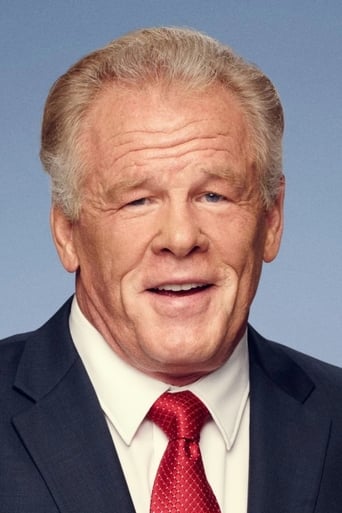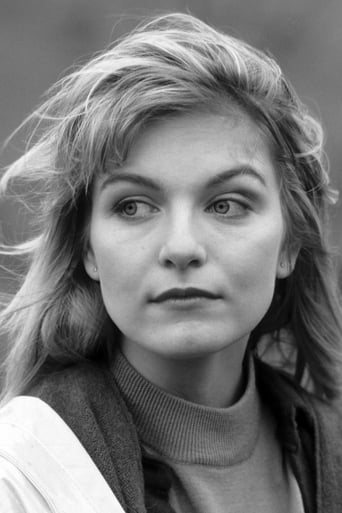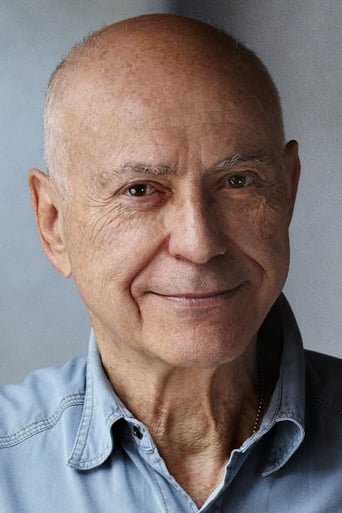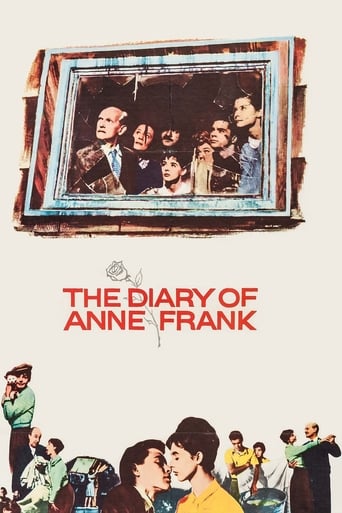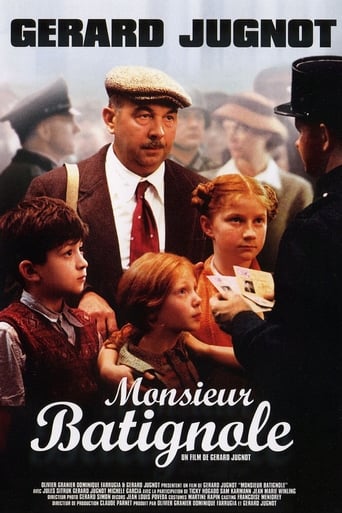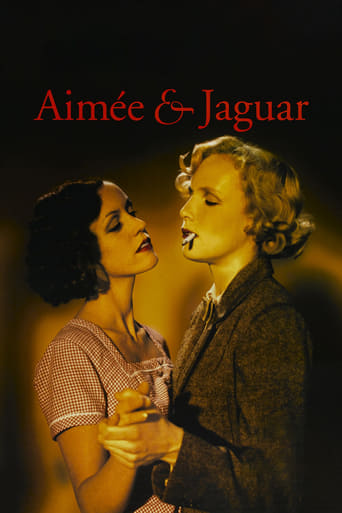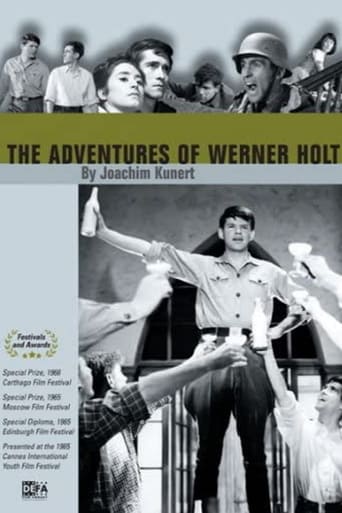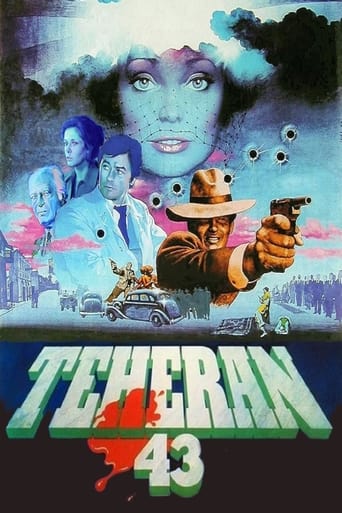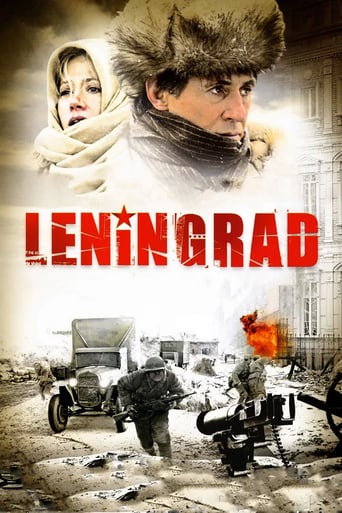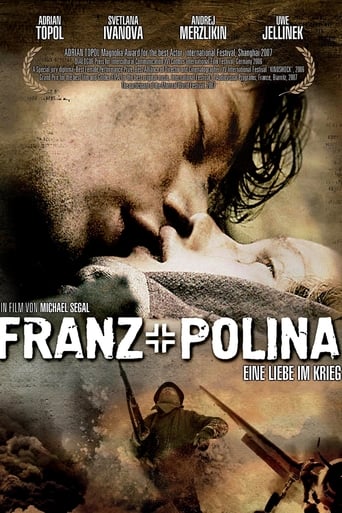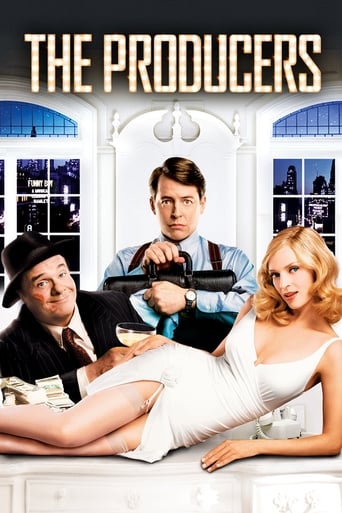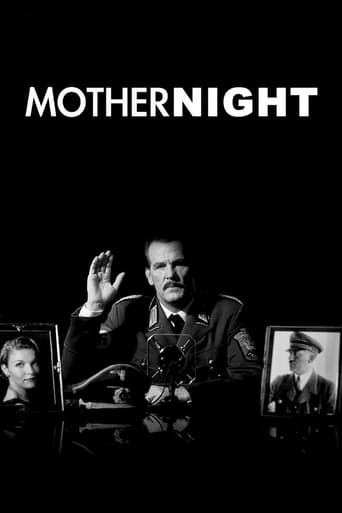
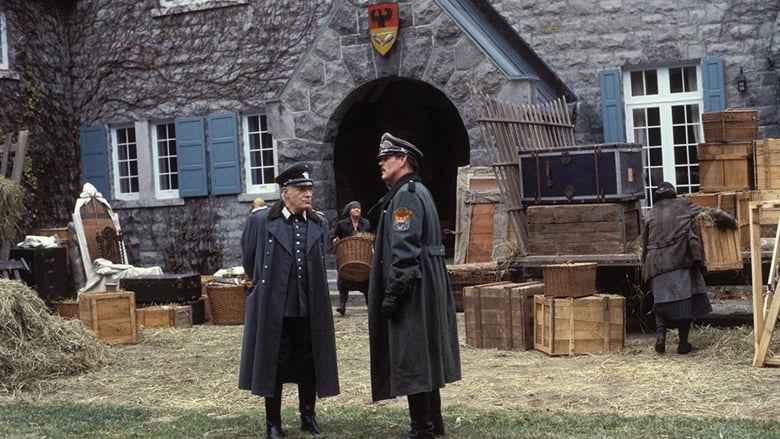
Mother Night (1996)
An American spy behind the lines during WWII serves as a Nazi propagandist, a role he cannot escape in his future life as he can never reveal his real role in the war.
Watch Trailer
Cast
Similar titles
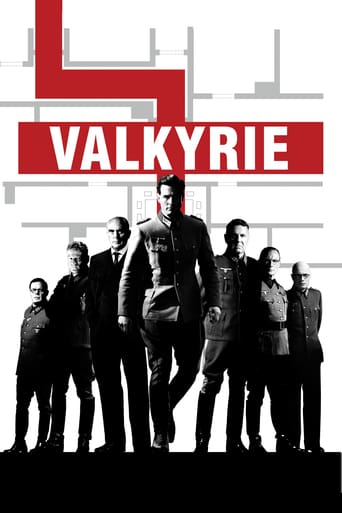
Reviews
If you don't like this, we can't be friends.
Admirable film.
When a movie has you begging for it to end not even half way through it's pure crap. We've all seen this movie and this characters millions of times, nothing new in it. Don't waste your time.
All of these films share one commonality, that being a kind of emotional center that humanizes a cast of monsters.
I have not read the novel, or anything other by Kurt Vonnegut, but I am now intending to start. This grips you from the very first frame, and does not let go until the end credits start rolling. Taking you places you don't expect, the plot is interesting throughout. The pacing is spot-on, nothing lasts too long, and this does a perfect job of balancing between unexpected twists and allowing the viewer to process what we've seen. It is well-told and well-thought out. I've never watched a film that I feel I could particularly compare this to. It is intense and exciting, as well as funny and sad. The acting is excellent, Nolte absolutely shines, Goodman again proves that he doesn't have to go for laughs, and Lee and Arkin are spellbinding. I could go on, really... no role is treated to a less than stellar performance. The editing and cinematography are marvelous, and all of the visuals are great, with a couple of unforgettable and astonishing ones. I am going to go for other movies directed by Keith Gordon, as well as the other two apparently related to this, through the author of the books. There is one scene of sexuality, and a lot disturbing and unsettling content in this. I recommend this to anyone who can appreciate it; it is not pleasant. 8/10
There are numerous films relating to WW2, but Mother Night is quite distinctive among them: In this film, we are introduced to Howard Campbell (Nolte), an American living in Berlin and married to a German, Helga Noth (Lee), who decides to accept the role of a spy: More specifically, a CIA agent Major Wirtanen (Goodman) recruits Campbell who becomes a Nazi propagandist in order to enter the highest echelons of the Hitler regime. However, the deal is that the US Government will never acknowledge Campbell's role in the war for national security reasons, and so Campbell becomes a hated figure across the US. After the war, he tries to conceal his identity, but the past comes back and haunts him. His only "friend" is Wirtanen, but even he cannot do much for the avalanche of events that fall upon poor Campbell...The story is deeply touching, as we watch the tragedy of Campbell who although a great patriot, is treated by disdain by everybody who surrounds him. Not only that, but he also gradually realizes that even the persons who are most close to him, have many secrets of their own. Vonnegut provides us with a moving atmosphere, with Campbell's despair building up and almost choking the viewer.Nolte plays the role of his life, in my opinion; he is even better than in "Affliction", although in both roles he plays tragic figures who are destined to self-destruction. Sheryl Lee is also excellent, and the same can be said for the whole cast in general.I haven't read the book, so I cannot appraise how the film compares to it. In any case, this is something of no importance here: My critique is upon the film per se, and the film wholeheartedly deserves a 9/10.
I am amazed at the amount of praise that is heaped on this movie by other commentators. To me it was rather a disappointment, especially the combination of historical facts, fantasy and the main character's internal turmoil does not work at all (in Vonnegut's book Slaughterhouse Five and even in George Roy Hill's adaptation for the screen it does). Credibility is often overstretched. Too many questions are left open. Did I miss some central points? Or did I fail to spot the lines that supposedly connect the dots? A boy called Campbell, Jr., grows up in upstate New York. At home his father has many technical trade papers and one book. It has photographs of heaps of dead bodies in it. The boy leafs through the book, his dad doesn't like his doing that. What should this tell me? The family moves away from upstate New York to Berlin. BANG. It is 1938, the boy is a married man in Berlin and a theater playwright. What kind of plays does he write? In what language? Is he successful? His wife is an actress and looks glamorous. The parents move back to the USA and invite their son to do the same. He does not. Why? Because having grown up in Germany he feels more German than American? Because he is successful? Because his wife is? Because he likes his life there? Because he likes the Nazis? Because he is just plain lazy and doesn't like change? Don't ask me.Possibly, the man just does not care, is not interested in politics, is a kind of an existentialist. He states that he is deeply in love with his wife. He speaks of his Republic of Two (meaning he and his wife). There is little to no evidence proving his love for his wife in the movie, it much more seems a Republic of One.On the request of an American agent Campbell, Jr., agrees to broadcast anti Semitic Nazi hate propaganda to American listeners as a device for transmitting encrypted messages to American authorities who read between the lines. The crucial meeting with the agent on a Berlin park bench is short, unexciting and anti climactic, the decision to play along comes pretty easily with no explanation, the rise up to broadcaster seems to be uneventful and apparently fast.So now we have Campbell, Jr., presenting himself over the air as the Last Free American. The scheme for transmitting secret messages is fairly realistic and exciting - although one wonders what happened when Campbell, Jr., really and honestly had to cough, hiccup etc. (must have scrambled the messages terribly). Anyway, the Nazis lose, the wife dies (touring in the Crimean for German troops - I never heard such tours really happened on German front lines in WW II), Campbell, Jr., says he goes to the Russian front but does not go, is captured by an American soldier who recognizes his mug (how come?), is dragged to a sight-seeing tour in Auschwitz, is then released and resettled with the help of the Crucial Agent somewhere in the City of New York.AND THIS IS WHERE THE STORY REALLY STARTS BANG. From now on it is like a short story by Paul Auster. It is 1961, Campbell, Jr., lives in New York tenement as a has-been and mourns the loss of his wife. Nobody really cares - or do they? Yes, somehow they do, and his neighbors offer some sort of distraction. Auschwitz survivors. A painter. Some American supremacists discover" him and want him to be their figurehead. They even find his presumed dead wife for him, or is she his wife? Anyway, in the end Campbell, Jr., calls in at the Israeli consulate, and they obligingly give him the Big War Criminal treatment, placing him in the cell adjacent to Adolf Eichmann's. He writes his life story and, once this task finished, hangs himself on the typewriter's ribbons without getting sooty the least bit.While I can see that there must be an issue of guilt and of loss, I just had the impression that the main character is a person who at all times is pretty indifferent to everything and hardly capable of love for anyone. So I found it difficult to sympathize for this looser who mourns his loss. Amazingly, many reviewers focus on his status as a potential war hero, having put his reputation at stake for playing the Last Free American. I assume according to them this took a lot of courage. As a matter of fact, however, the movie suggests that by accepting the assignment Campbell created for himself a win-win situation, as he would have been politically on the safe side no matter who had won the war. The danger of his being uncovered never comes up during the first part of the story.One might argue, that the whole story is a dreamlike fantasy and that nobody should bother with historical accuracy or a logical development of the story which explains everything. But even then it fails to make a point, primarily, I suspect, because the love affair in the Republic of Two falls completely flat. This is a pity, especially if you consider that the wife was played by Sheryl Lee, a talented, versatile and sensuous actress. She has much too little screen time and is forced to use a ridiculous German accent. Another somehow neglected aspect are the different texts (confession, broadcast and hidden messages), but I guess this is largely unfilmable. Maybe I should give the book a chance.
At first, I hadn't read the novel so far and I hadn't hear anything about the author yet. But as I casually saw this movie, I was totally captive by the story. Already as the Jewish watchman primary said, that he knows no one, who have a bad conscience about the war except from Howard W. Campbell Junior, was such amazing objective and dissociates from simply moralizing the war. Terrific! And the fictitious story about "the most effective spy for the USA in WWII", who have lost everything, that was important for his life, is wonderful emotional transcribed. This is the best story about the duality of humanity, I've ever heard about! The questions, this movie is introducing, are in my opinion very important for our society: When does someone bear the guilt of something? What is guilt? Who is a hero and who is a felon? What is important in our life? Can you live without paying attention to the political changes? Is the protagonist guilty or not? These questions are more up to date than in the last 60 years. This is a must see for everyone, who have to think about the acception of war! This movie is a must see for everyone, who meditate, what matters in life and what doesn't...
